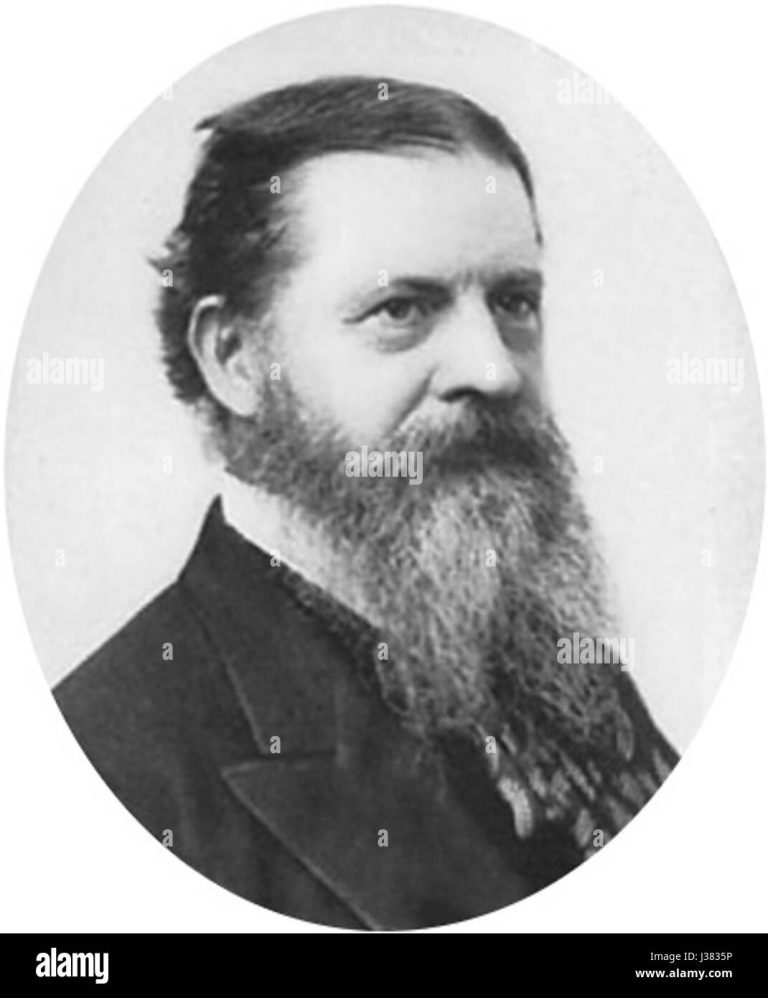Date of Birth: September 10, 1839
Zodiac Sign: Virgo
Date of Death: April 19, 1914
Biography
Charles Sanders Peirce was an American philosopher, logician, mathematician, and scientist, who is often considered the father of pragmatism. Born on September 10, 1839, in Cambridge, Massachusetts, Peirce was the son of Sarah Mills and Benjamin Peirce, a prominent mathematician. He attended Harvard University, where he studied chemistry and mathematics. Over the course of his career, Peirce made substantial contributions to logic, semiotics, and the philosophy of science. He worked for the U.S. Coast and Geodetic Survey for several decades, where he made significant advancements in the field of metrology and geodesy. Despite his groundbreaking work, Peirce struggled with financial instability and professional recognition during his lifetime. He published prolifically, but much of his work was scattered across various journals and not widely recognized until after his death. Peirce’s philosophical work laid the foundation for the development of pragmatism by later philosophers such as William James and John Dewey. His ideas on semiotics have also had a lasting impact on the study of signs and symbols. Peirce’s personal life was marked by turmoil, including a troubled marriage and financial difficulties. Nevertheless, his intellectual legacy has grown considerably since his death, and he is now regarded as one of the most important philosophers in American history.
5 Interesting Facts about Charles Sanders Peirce
1. Charles Sanders Peirce was one of the first people to propose a theory of signs, which he called semiotics.
2. He was a proponent of the scientific method and believed in the importance of doubt as a means to achieve true knowledge.
3. Peirce introduced the concept of “fallibilism,” the idea that human knowledge is always potentially subject to revision.
4. He developed a system of three categories—Firstness, Secondness, and Thirdness—that he used to analyze experience and reality.
5. Peirce’s work was not widely recognized during his lifetime, and he spent his later years in relative obscurity and poverty.
5 Most Interesting Quotes from Charles Sanders Peirce
1. “Do not block the way of inquiry.”
2. “The essence of belief is the establishment of a habit.”
3. “Consider what effects, that might conceivably have practical bearings, we conceive the object of our conception to have. Then, our conception of these effects is the whole of our conception of the object.”
4. “We cannot begin with complete doubt. We must begin with all the prejudices which we actually have when we enter upon the study of philosophy.”
5. “A sign is something by knowing which we know something more.”
Highest Net Worth Achieved
Charles Sanders Peirce did not achieve substantial financial success during his lifetime. His highest net worth is not well-documented, but it is known that he faced significant financial difficulties, especially in his later years.
Children
Charles Sanders Peirce did not have any children.
Relevant Links
2. [Internet Encyclopedia of Philosophy – Charles Sanders Peirce](https://www.iep.utm.edu/peircebi/
3. [Charles Sanders Peirce at the Peirce Edition Project](https://peirce.iupui.edu/
5. [Biography on Britannica](https://www.britannica.com/biography/Charles-S-Peirce

